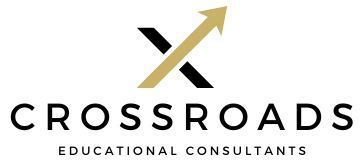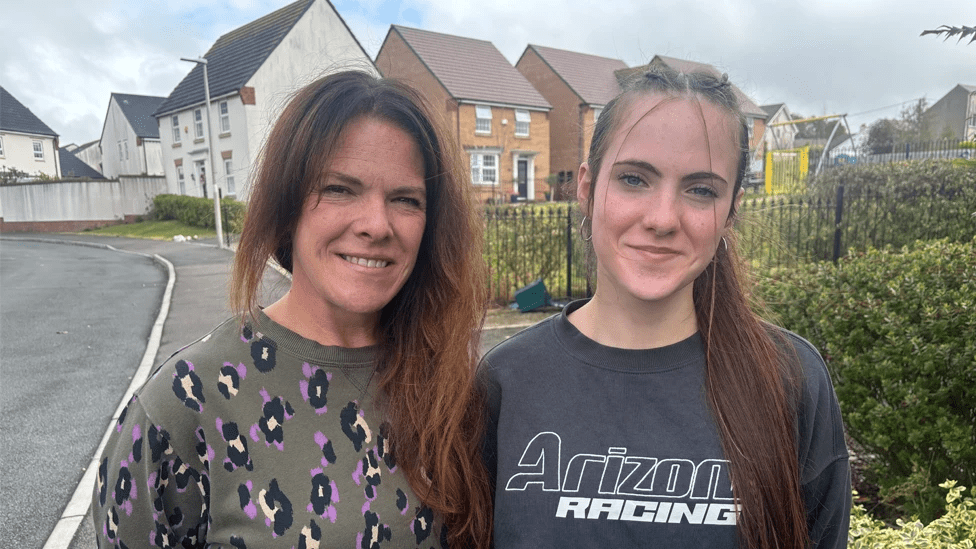
Expanding their Horizons
Enough is Enough: We Need to Rethink What Education Really Means
As a former mainstream secondary school teacher with 20 years of experience, I can tell you this without hesitation: some of the most joyful, enthusiastic conversations I had with students weren’t about test scores or target grades—they were when they told me about an upcoming family holiday. The excitement on their faces, the way they lit up sharing their plans, and then coming back full of stories, glowing with happiness and new experiences—those moments mattered. Deeply.
That’s why the continued fining of parents for taking their children on holiday during term time is nothing short of outrageous. We seriously need to be looking at what education actually is. Education is not confined to the four walls of a classroom or the rigid tick-boxes of a national curriculum. It’s about learning through life—through connection, through adventure, through time spent with family. A holiday can teach children about geography, history, culture, budgeting, patience, resilience, and most importantly, the value of quality time with the people who love them most.
In the middle of a cost of living crisis, it is utterly cruel to expect families to fork out hundreds—often thousands—more just to travel during the 'approved' window of school holidays. The travel industry hikes prices astronomically outside of term time, and for many families, the only way they can afford a holiday at all is by going slightly off-peak. Why should families be penalised for trying to give their children a meaningful, enriching break?
The system is broken. If schools were to allow a reasonable two-week family holiday allowance per year—avoiding critical exam periods for older children—it would ease the pressure on everyone. It would show respect for the reality of family life and acknowledge that learning doesn’t stop when you step outside a school gate.
We are raising a generation under the false belief that education only happens when they're sitting in uniform behind a desk. That’s a dangerous lie. We need to start trusting parents, valuing real-life experiences, and recognising that time spent together, exploring the world, laughing, resting, reconnecting—that’s education too.
This obsession with attendance statistics over genuine wellbeing is short-sighted and damaging. Families should not have to choose between making memories and avoiding fines.
It’s time to stop punishing parents for wanting to give their children the very thing we say education is meant to prepare them for: a full and meaningful life.
Share



